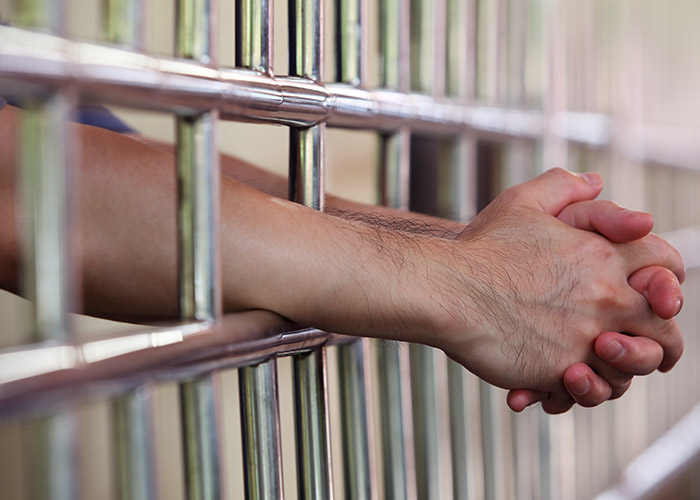- Federal Practice
-
State Practice
- Drug Crimes
- Possession of Cocaine in Florida
- Drug Possession
- Prescription Drugs
- MDMA – Molly Arrest
- Gun Crimes
- Sex Crimes
- Domestic Violence
- Violent Crimes
- Armed Robbery
- Car Jacking
- Homicide
- Manslaughter
- Violation of Probation
- Non-Florida Resident
- Theft Crimes
- Burglary
- Petty Theft/Shoplifting Charges
- Grand Theft Auto
- Receiving Stolen Property
- Misdemeanors
- Criminal Records
- Warrants
- DUI
- Multiple DUI Charges

Those who violate probation or supervised release conditions can end up serving prison time.
What is Probation?
Probation is often given to someone who has been convicted of a serious misdemeanor or a felony. If the court gives an individual probation, it means that they do not have to serve time in prison. Once they complete their probationary period, they have served their time.
However, in order to stay out of prison, the convicted person must meet court-prescribed conditions, which can include:
- Regular meetings with a probation officer
- Payment of restitution to victims and/or court-ordered fines
- Community service
- Engagement in educational activities and classes
- Drug testing and remaining drug and alcohol free
- Abstention from criminal activity
How Supervised Release Works
Someone on supervised release has already spent time in prison for his or her crime. Then, he or she is released from prison, but he or she is closely monitored for a specified amount of time.
As an example, a convicted felon may serve a sentence of four years in prison and, after successfully serving that time, be given four years of supervised release. The point of supervised release is to create a situation that will encourage someone who has spent time in prison to adjust to returning to society, to become a productive part of society, and to correct criminal behavior.
Similar to probation, specific conditions must be met in order for the person to stay out of prison. A violation of any condition of their supervised release could result in the person returning to prison.
Violations may include:
- Missing a meeting with their parole officer
- Not submitting to or failing alcohol or drug tests
- Engaging in criminal activity
- Leaving the state without notice or when prohibited from doing so
- Changing their address or place of employment without informing a parole officer
- Not attending court-mandated counseling or treatment
- Not paying restitution to victims or fines
The Process and Results
If one violates the conditions of their probation or supervised release, then he or she will have to go before a judge for a hearing. During that hearing, the judge can decide to send the violator to prison and will often do so if there are no extenuating circumstances in connection with their violation.
Related Information:
Giving Yourself Every Chance
If you have been charged with a probation violation or supervised release violation, then you need to give yourself every possible chance of staying out of prison. The legal professionals at The Law Office of Paul J. Donnelly, P.A., will work tenaciously to help you realize the best possible outcome concerning your situation. Don’t delay; get the help that you need. Contact us today by calling 305-757-3331. Attorney Donnelly will be glad to meet with you concerning your situation and will work with you and the court to find an equitable remedy.
